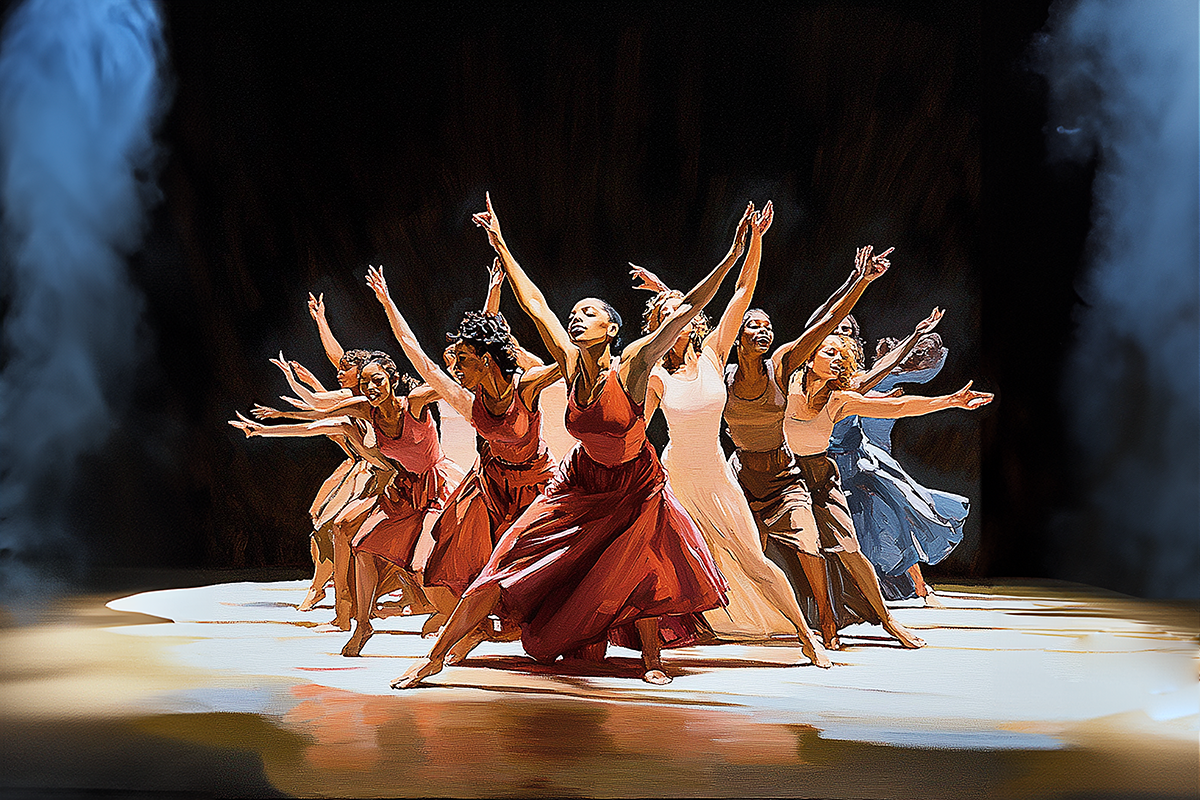Freedom of expression is foundational to a free society. It guarantees not only the right to voice one’s thoughts, but also the ability to challenge authority, confront orthodoxy, and exchange ideas in the pursuit of truth. Classical liberals have long recognized that this freedom is not simply a matter of personal liberty—it is an essential check on power and a driver of human progress. Without it, bad ideas fester unchallenged, and good ideas risk being silenced before they can take root.
Yet, while freedom of expression creates the conditions for open discourse, it does not ensure that discourse will always be productive. It can foster argument and learning, but it can just as easily descend into shouting matches, misinformation, and manipulation. For free speech to fulfill its promise, it must be accompanied by cultural norms that encourage debate in good faith, intellectual humility, and respect for reason and evidence. These norms are not a substitute for free speech, but they are necessary companions—ensuring that liberty leads not to chaos, but to understanding.
Freedom of Expression

Artwork commissioned by the Institute for Humane Studies
Free Speech as a Check on Power and Path to Truth
At its core, freedom of expression serves as a check against tyranny. By ensuring that citizens can criticize their government without fear of punishment, it protects the democratic process and prevents the consolidation of unchecked authority. History is full of examples—from monarchies to totalitarian regimes—where censorship was a tool of oppression used to suppress dissent and entrench power.
But freedom of expression is more than a safeguard against government overreach; it is also a mechanism for social and intellectual progress. John Stuart Mill famously argued that even false ideas deserve a hearing—not because they are valuable in themselves, but because they force us to confront and refine our own beliefs. A bad idea, openly debated, reveals its flaws. A good idea, openly defended, proves its worth.
A bad idea, openly debated, reveals its flaws. A good idea, openly defended, proves its worth.
This process of argument and counterargument is how societies learn, adapt, and improve. Scientific breakthroughs, social reforms, and moral revolutions have all depended on the ability to question the status quo and propose new ways of thinking. The abolition of slavery, the advancement of women’s rights, and the expansion of religious tolerance all began as controversial ideas that challenged prevailing norms.
None of this is possible without the freedom to speak and, just as importantly, the freedom to listen. A society that values open inquiry must be willing to tolerate uncomfortable conversations, unpopular opinions, and even outright errors. It must trust that truth, when left free to compete in the marketplace of ideas, will ultimately prevail.
The Cultural Norms That Make Free Speech Work
Freedom of expression is a necessary condition for productive discourse, but it is not a sufficient one. Classical liberals have always understood that the ability to speak freely must be paired with cultural norms that promote meaningful conversation and mutual learning. Without these norms, free speech risks becoming noise—loud but unproductive.
Classical liberals have always understood that the ability to speak freely must be paired with cultural norms that promote meaningful conversation and mutual learning.
The first of these norms is good faith—the presumption that others are sincere in their arguments, even when we disagree with them. Engaging with an opposing view requires resisting the urge to caricature it or dismiss it out of hand. It means asking questions instead of assigning motives, and addressing arguments instead of attacking people.
Second, there must be a commitment to reason and evidence as the basis for persuasion. Free speech is not a free pass for conspiracy theories or baseless claims. While the right to speak does not depend on being correct, the process of debate depends on a shared expectation that claims will be backed by logic and facts. Truth-seeking requires more than just airing opinions; it requires testing them against reality.
Finally, intellectual humility is essential. Free expression only works when participants acknowledge the possibility that they might be wrong. The point of open debate is not to win arguments but to refine understanding. A culture that values free speech must also value learning from others—even, and especially, from those with whom we most disagree.
A culture that values free speech must also value learning from others—even, and especially, from those with whom we most disagree.
These cultural norms are not enforceable by law—nor should they be. Attempts to regulate civility inevitably lead to censorship and suppress the very freedom they aim to protect. Instead, they must be cultivated through education, social expectations, and leadership by example.
Critics often argue that free speech creates space for bad actors to exploit these norms, using provocation and misinformation to undermine productive discourse. But the answer is not to restrict speech; it is to double down on reasoned argumentation and intellectual engagement. Bad ideas do not disappear when silenced—they fester in the shadows. The only way to defeat them is to expose them to scrutiny and debate.
Liberty and Learning Go Hand in Hand
Freedom of expression is more than a legal principle; it is an essential pillar of a society that values inquiry, progress, and accountability. It protects dissent, fosters innovation, and ensures that no idea is beyond question. But to fulfill its promise, it must be accompanied by a culture of good-faith dialogue, reasoned debate, and intellectual humility.
Classical liberals defend free speech not because they believe all ideas are equally valid, but because they believe the best ideas emerge through open competition. A society committed to freedom of expression is one that trusts its people to think critically, challenge authority, and learn from one another.
A society committed to freedom of expression is one that trusts its people to think critically, challenge authority, and learn from one another.
The answer to bad ideas is not censorship, but better arguments. The antidote to misinformation is more speech, not less. And the way to ensure that freedom of expression remains a force for truth and progress is to pair it with the norms and values that make dialogue meaningful.
In an era of rising polarization and shrinking attention spans, this may seem like a tall order. But history shows that the fight for free speech has always been worth it. It is the engine of democracy, the guardian of liberty, and the pathway to truth. It is, in short, the foundation of a free and flourishing society—and one that we cannot afford to abandon.
